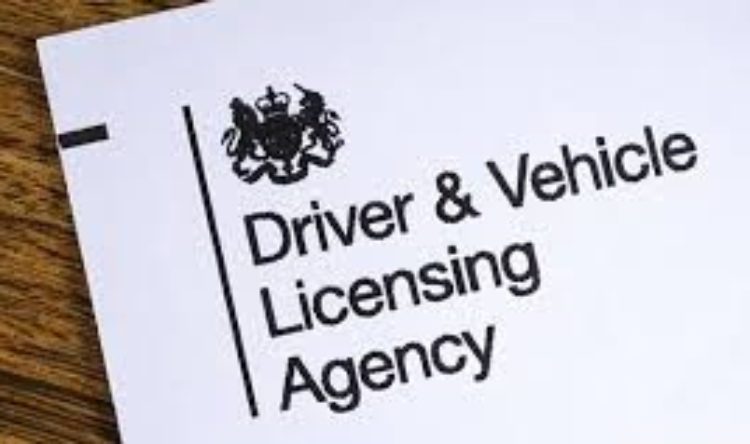Are the current driver training techniques fit for purpose?
John Farlam shares his thoughts and experience on how difficult it is to prove how effective current training techniques are.
Advertisement feature
At the end of that article I asked a question…
“In 2021, despite over 25 years of ORDIT much of the training available for people who wish to become ADIs is much the same as it was in the 1970’s – effectively car-based trial and error learning – which begs the question, is it fit for purpose?”
The Part-Three pass rate has crept up slowly over the last few years with the latest figures showing a rate of 38% up from around 27% in 2008 – but this is not the ‘qualification rate’. Part-Two and Part-Three pass rates are easy to find via DVSA statistics, but qualification rate is a different beast altogether.
The real qualification rate is impossible to calculate – this is because test data is published by the number of tests taken, not by the number of individuals taking tests. Add to this that there will be some who register with the DVSA but never start the testing process and others who sign up for courses but never get as far as registering with the DVSA.
The published statistics can also be ‘misleading’. Because, as mentioned above, the stats show ‘tests taken’ rather than individuals taking tests they are an unreliable measure of the efficacy of the training given in preparation for test. For example if everyone passed Part-Three on the third attempt the statistics would show a pass rate of 33.33% – but the qualification rate would be 100%.
With well over 40 years of experience in the industry and 30 years ADI Training experience at a national level I like to think that I have a good ‘feel’ for the figures and my guestimate would be that the ‘real’ qualification rate is certainly below 20% and likely to be around 15%.
There’s more…
Given my estimate that as few as 15% of those who start out go on to qualify it would suggest that the training available is far from fit for purpose!
But closer inspection will show that the low qualification rates, like exam pass rates are also an unreliable measure of training efficacy.
Pre-vetting?
In a free market economy anyone can train to become a driving instructor, there are no pre-requisite qualifications or skill requirements for those wishing to start the process.
Although many instructors have called for ‘pre-vetting’ of would-be instructors it’s questionable whether this would be socially acceptable. The ‘fit and proper person’ legislation and exam structure ensures a minimum standard for qualification and so the current system limits any public safety risk. The only risk is that some people might lose money after paying for a training programme. But then people can lose money in lots of ways!
The UK has a fairly robust advertising standards system and a rigorous court system to prevent people being mis-sold courses in driver training or anything else, and a means to recoup their money if they are victims of mis-selling. As with anything else I would urge consumers to ‘read the small print’ and to be fully aware of what they are buying (there are still ADI trainers and driving schools who have no terms and conditions attached to their courses, leaving consumers in a very difficult position if they have cause for complaint).
Pre-vetting might go some way to addressing qualification issues, but some of the best instructors and innovators I have known over the years would have been debarred from the industry before they even started.
Fit for purpose?
So far, based on my ramblings above it seems that there is no easy measure to determine whether ADI training I the UK is fit for purpose. But I haven’t mentioned ORDIT!
I feel that I should mention ORDIT at this point, but unfortunately it won’t add much to the question.
From time-to-time over the years I have tried to find data that demonstrates that ORDIT registered companies and trainers perform better than ‘the rest’ – no one has been able to help me with any measurable information.
I have my own theory that on average ORDIT trainers might be doing a little better than those who are not registered – but that this is despite ORDIT, not because of it. My thinking here is that many of those who are drawn to ORDIT tend to be those who place a high value on ‘being the best’ – they are often individuals who have other qualifications over and above the ADI qualification. In other words they would probably be the most successful regardless of any training register that was in place.
My personal experience has shown me that ORDIT does not necessarily have the best trainers and that it does not offer any guarantee for would-be instructors.
So I’m still no further forward in answering my own question about whether ADI training is fit for purpose. Next time I’ll consider the methodologies of training to see if that will shed any light on the question.
John Farlam, Founder and Training Director, DRIVE.
To learn more about DRIVE and how you can grow your career with them, please see: https://trainwithdrive.co.uk/work-with-us/









